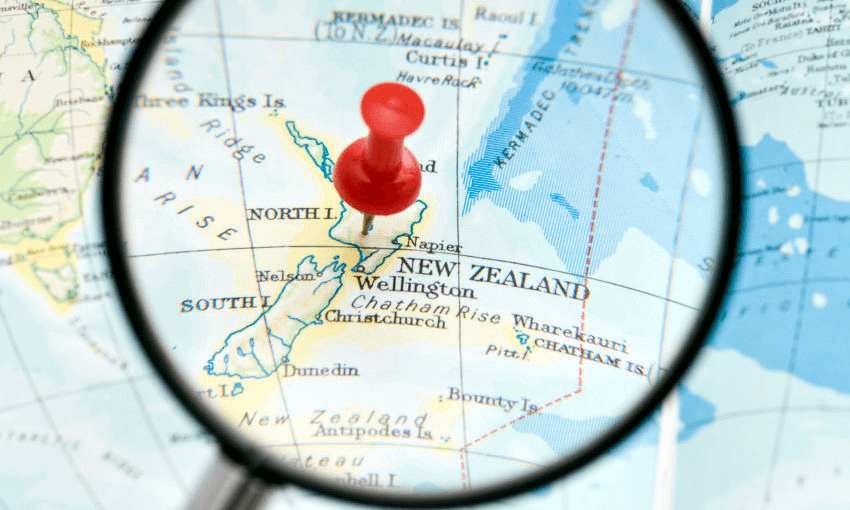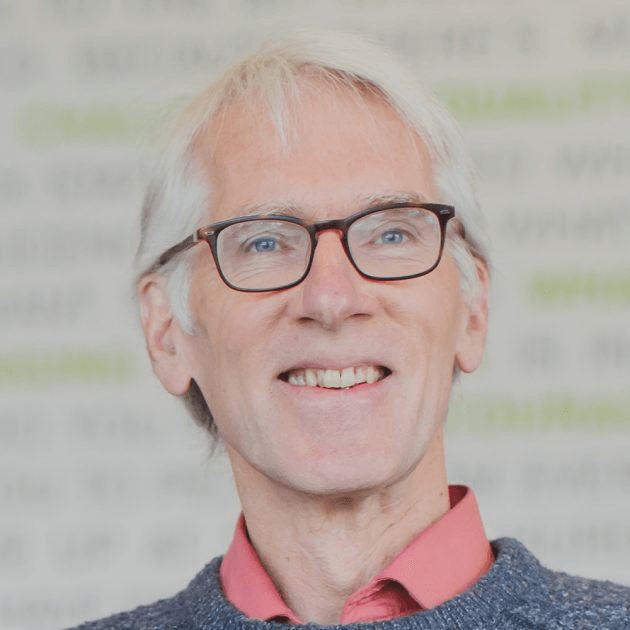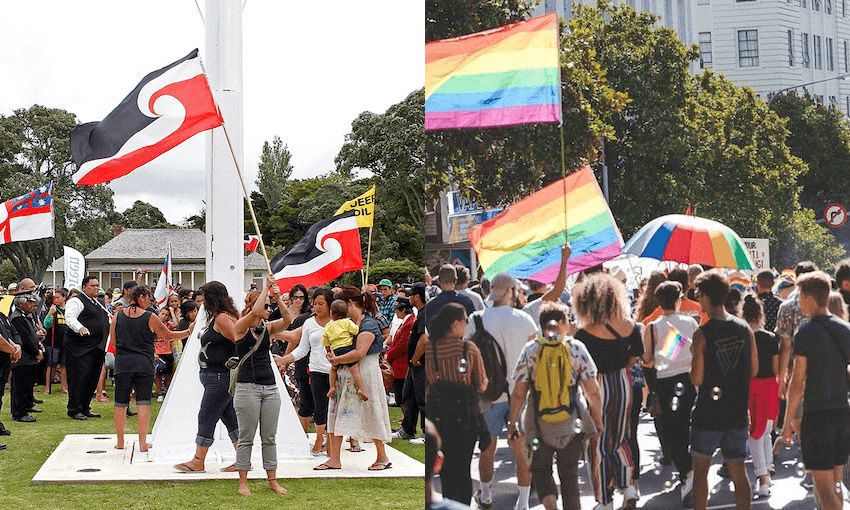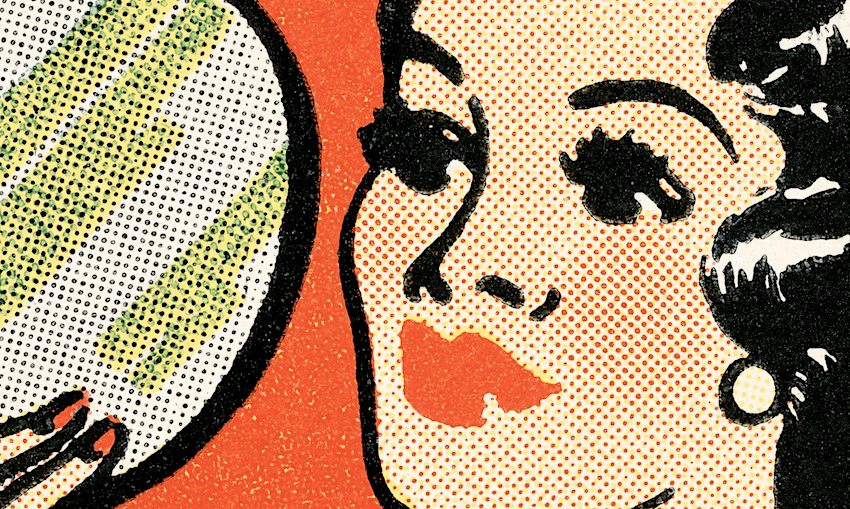Independent experts will soon arrive in New Zealand to assess our human rights record. We should embrace these visits as a chance to do better, writes chief human rights commissioner Paul Hunt.
A strong democracy, at ease with itself, welcomes constructive scrutiny. That’s why as a country we should be able to welcome the arrival of three United Nations human rights experts over the next few weeks, each invited by the government.
It’s easy to live in a bubble and think we’re doing well. It’s not until a catastrophe like the Christchurch massacres irrevocably bursts that bubble that we’re forced to reassess. An immeasurably better way to challenge complacency, and recognise our shortcomings, is to invite outside perspectives.
Scrutiny can be uncomfortable, but it helps to keep us real.
One of the pending UN visitors to New Zealand will look at the human right to a decent home. Another will look at the human rights of older people. And the third will focus on the human right to an equitable health system for all. Each is an expert in their field.
Beginning some 50 years ago, New Zealand signed up to these international human rights. In fact, we helped draft and establish them within the UN.
These three visits are the first of this type of outside scrutiny New Zealand has experienced for six years. The government deserves credit for being open to these outside perspectives and ending a lean run.
Each of these visits is timely for New Zealand. In comparison to many other countries, we have a good overall human rights record. But if you look at some specific human rights, our performance is disappointing.
Human Rights Measurement Initiative (HRMI), the ground-breaking international human rights project based in Wellington, uses data to track and compare countries’ human rights performances. In relation to the right to adequate housing, the HRMI places New Zealand 34 out of 48 high-income countries, behind Malta and South Korea. In relation to the right to education, HRMI places us 12 out of 40 high-income countries, behind Poland and Singapore. These scores are based on national averages, so they do not capture the much worse situation of groups such as Māori, disabled people, Pacific people, women and the rainbow community.
Although HRMI remains a work-in-progress, it’s beginning to confirm that New Zealand has a lot of room for human rights improvement. My hope is that we will benefit from constructive feedback on our human rights record. Our visitors come from Canada, Chile and Lithuania. They were selected by the UN Human Rights Council, which consists of governments. They are not officials on the UN payroll. Once appointed, they are independent and accountable to the Council.
Each expert will be in the country for about 10 days to listen and discuss. On their departure, they’ll make preliminary suggestions and then later write a formal report for the UN. When each report is orally presented in Geneva, the government of the day has the right of reply.
For six years, I served as a UN independent expert with a focus on the human right to an equitable health system. In numerous UN reports, one of my aims was to help governments, whatever their political complexion, to find ways of honouring their international human rights promises. I tried to convey that human rights make societies fairer and more inclusive. Our visitors will probably take a similar approach.
There’s some evidence to suggest these visits can lift a country’s human rights record. The Brookings Institute’s study, Catalysts for Change, concluded that UN independent human rights experts help to translate international human rights into practical outcomes.
In my experience, the record is patchy. There’s evidence that Sweden listened and acted on a health-rights report I wrote in 2006, whereas Cuba, Pakistan and Saudi Arabia derided my earlier report which called for human rights for the rainbow community. This hostile response was predictable, but you have an obligation to speak up.
Our UN visitors will also speak up when they see human rights failings. They will hold up a mirror and, as Robbie Burns wrote, help us see ourselves as others see us. They will acknowledge successes, make constructive suggestions and remind us of successive governments’ human rights promises to everyone in New Zealand.
As they’re only here for 10 days, they can’t tell us how to make universal human rights a reality in the everyday lives of all New Zealanders. We must figure that out for ourselves in the rich complexity of our unique, extraordinary society founded on Te Tiriti o Waitangi.
But if we’re willing, our visitors can give us a helping hand.





